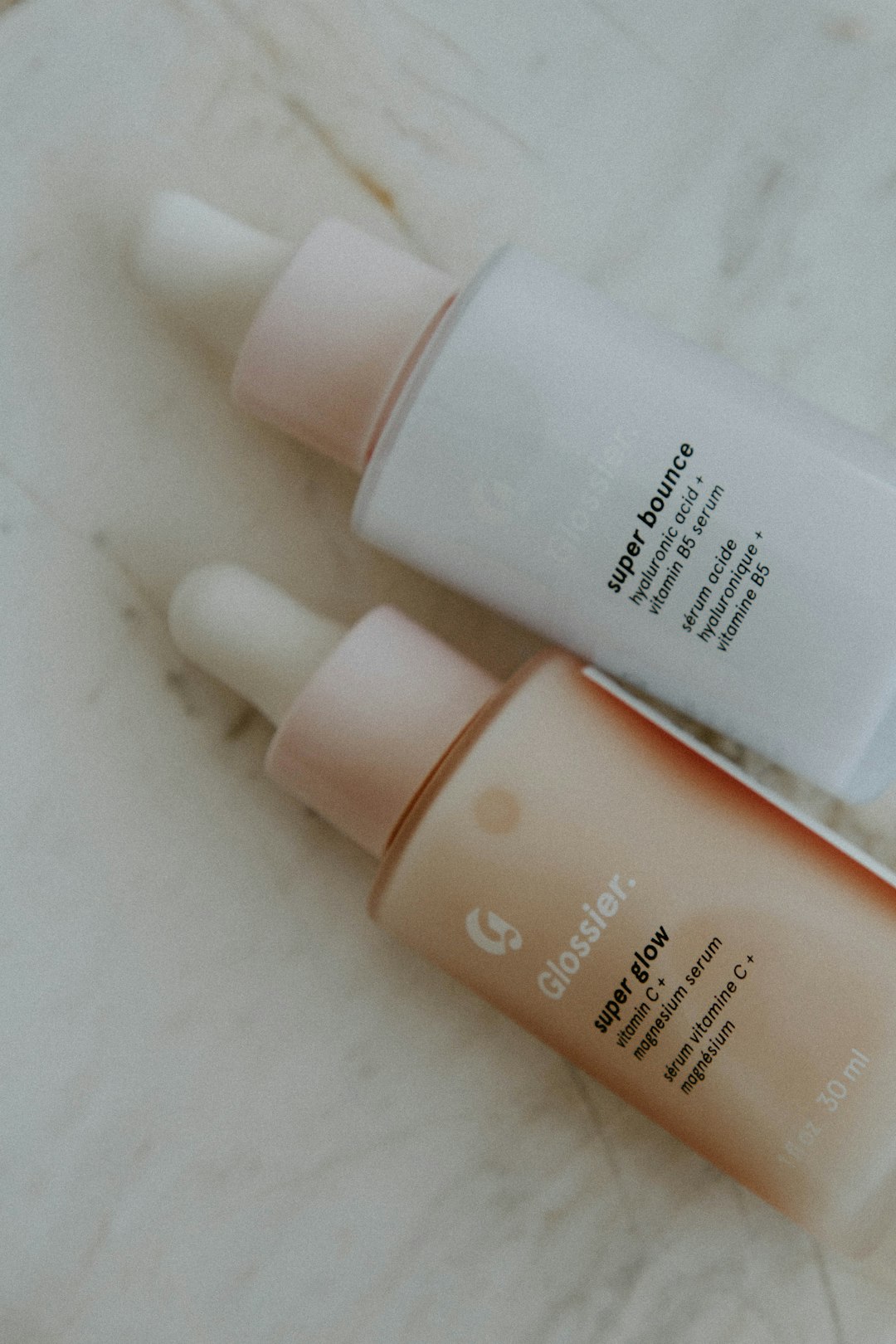Discover the secret to flawless skin with our expert Discoloration Serum Selection Guide. Did you know that the right serum can not only fade discoloration but also enhance your skin's natural glow? Dive into our comprehensive guide to find out how to choose the perfect serum that targets your specific skin concerns, promising a brighter, more even complexion. Let's unlock the path to your skin's full potential together.

Skin discoloration can manifest in various forms, such as dark spots, hyperpigmentation, or uneven skin tones, and can be attributed to several factors. One of the primary causes is excessive sun exposure, which can increase melanin production in the skin, leading to dark spots or patches. Hormonal changes, particularly during pregnancy or due to conditions like melasma, can also result in skin discoloration. Other factors include certain medications, inflammation or skin injuries, and the natural aging process, which may cause age spots. Understanding these causes is crucial in selecting the appropriate treatment and prevention strategies for maintaining even skin tone.
When selecting a serum to combat skin discoloration, it's essential to look for specific active ingredients known for their efficacy in treating hyperpigmentation and evening out skin tone. Vitamin C is a powerful antioxidant that inhibits melanin production and brightens the skin. Niacinamide, or vitamin B3, is renowned for its ability to reduce inflammation and lighten dark spots. Hydroquinone has been a gold standard ingredient for lightening hyperpigmentation, although its use is controversial and regulated in some countries. Alpha hydroxy acids (AHAs) like glycolic acid and lactic acid exfoliate the skin, removing dead skin cells and promoting the emergence of new, evenly pigmented skin. Lastly, retinoids can accelerate cellular turnover, gradually diminishing the appearance of discoloration. Choosing a serum with one or a combination of these ingredients can significantly improve skin tone and texture.
Stay updated on the newest gadgets and tech innovations by checking out https://www.cnet.com/, a leading source for tech product reviews, news, prices, videos, forums, how-tos, and more.
Choosing the right serum for your skin type is crucial in addressing skin discoloration effectively. For those with oily or acne-prone skin, look for serums that are lightweight, non-comedogenic, and contain ingredients like niacinamide, which not only helps in reducing discoloration but also controls sebum production. If you have dry skin, serums with hyaluronic acid, vitamin E, and ceramides can provide the hydration your skin needs while targeting discoloration. Individuals with sensitive skin should opt for serums with soothing ingredients such as aloe vera or centella asiatica, which calm the skin while addressing uneven skin tone. It's also important for every skin type to consider serums with antioxidants like vitamin C, which can help in brightening the skin and providing protection against environmental damage that can worsen discoloration. Always perform a patch test with a new serum to ensure your skin reacts well to it before applying it to your entire face.
If you've been struggling with uneven skin tone or aiming to enhance the overall radiance of your skin, discovering the right discoloration serum is akin to laying down the foundations of a magnificent architectural masterpiece. Much like assessing a building's needs against the backdrop of its environment, selecting your perfect match in a discoloration serum requires understanding your skin’s unique characteristics and challenges. Whether aiming to reduce dark spots, even out skin tone, or brighten your complexion, the right serum is out there, tailored just like the meticulous details found in a well-planned building. Discover more about finding your serum and other insightful beauty tips at architectureadrenaline.com.
For comprehensive guidance on choosing the right serum for your skin type and concerns, visit the National Institutes of Health website at https://www.ncbi.nlm.nih.gov/ which offers a wealth of research-based information.
To truly benefit from your discoloration serum and achieve visible results, it's crucial to incorporate certain practices into your skincare routine. Firstly, ensure you apply the serum consistently as directed, typically once or twice daily, on clean, dry skin. Layering the serum under a moisturizer can help lock in its active ingredients. Secondly, patience is key; skin discoloration didn't appear overnight, and it won't disappear overnight either. Give the product time to work, which can mean several weeks to a few months of consistent use. Additionally, protect your skin from further damage by applying a broad-spectrum sunscreen every day, as UV exposure can worsen skin discoloration and counteract the serum's effects. Finally, consider incorporating other products that support skin health, such as those containing antioxidants and hydrating ingredients, to enhance your overall complexion and the efficacy of your discoloration serum.
Immerse yourself in architecture’s most boundary-pushing ideas—where innovative home improvements meet visionary urban developments. Discover new building techniques, materials, and creative concepts that are redefining how we shape our spaces on a global scale.